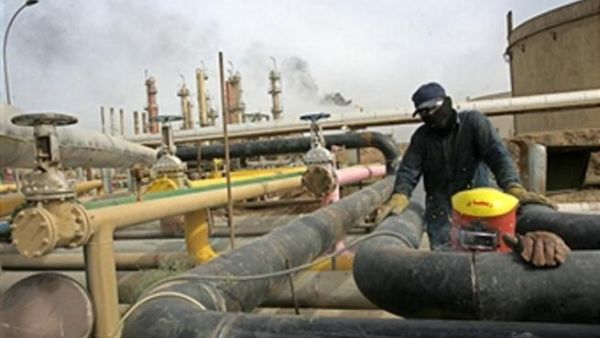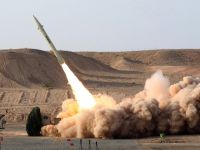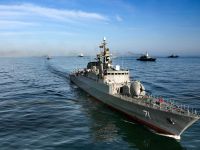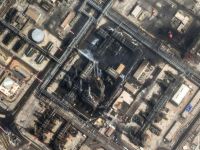Foreign direct investment (FDI) to the Gulf dropped by 35 percent in 2011, says a new report from UN Conference on Trade and Development (UNCTAD). The study revealed that FDI to the West Asia region dipped by 16 percent in 2011 to $49 billion.
FDI outflows from West Asia rebounded by 54 percent in 2011 after bottoming out at a five-year low in 2010, says the World Investment Report 2012 by UNCTAD.
Global foreign direct investment inflows rose 16 percent in 2011, surpassing the 2005-2007 pre-crisis level for the first time, despite the continuing effects of the global financial and economic crisis and the current debt crisis in Europe, UNCTAD's annual survey of investment trends reports. The strong rise in oil prices beginning at the end of 2010 increased the availability of funds for outward FDI from GCC countries.
The report forecast that FDI inflows would continue declining in 2012 - judging by preliminary data on cross-border M&As and greenfield investment for the first five months of 2012. It said uncertainties at the global and regional levels are causing foreign investors to remain cautious with their investment plans in the region. But the report said the concentration of oil wealth in the region and the strategic need to reduce dependence on the oil and gas sectors through economic diversification, are likely to create further business opportunities and bolster the region's attractiveness for foreign investors over the longer term.
GCC countries are still suffering from the hangover of the days of leveraged financing characterized by large-scale domestic projects, some of which had to be put on hold or cancelled due to uncertainties stemming from the global financial crisis and from spreading political and social unrest in the region, the report said. Unrest in the region also impacted on FDI flows to non-GCC Arab countries. Their incoming foreign investment declined by 26 percent, to $7 billion. Turkey, on its part, registered a 76 percent increase, to $16 billion, mainly as the result of a more than threefold increase in cross-border merger and acquisition (M&A) sales.
According to the Director of the Economic and Development Globalization Division at the Economic and Social Commission for Western Asia (ESCWA), Abdullah Dardari, investments in sectors with low added value are no longer achieving desired developmental goals. "Therefore, investments should be directed toward infrastructure, social services, protection of the environment, technology, research and development in order to contribute to sustainable and inclusive development," Dardari said on the occasion of the launching of the World Investment Report 2012.
Commenting on the report, Dardari said that due to the political and security situation in the region, increasing oil revenues in GCC countries were not translated into drivers for development in the more diversified Arab economies (MDEs), which were traditionally flows to the tourism sector, investments, official assistance and workers' remittances. This explains the increasing gap between the two groups (GCC and MDEs).
The ESCWA official added that studies conducted by the Commission indicate that there is a strong correlation between welfare and FDI in Arab countries that is between FDI and poverty income. The changes in investment flows contribute largely to changing the living conditions. Thus, a decline in FDI will have a negative impact on GDP per capita in the Arab region. Therefore, any decline during this critical period will deepen the difficulties facing the Arab governments, which are then requested to develop investment policies and improve security conditions in an efficient, fast way.








